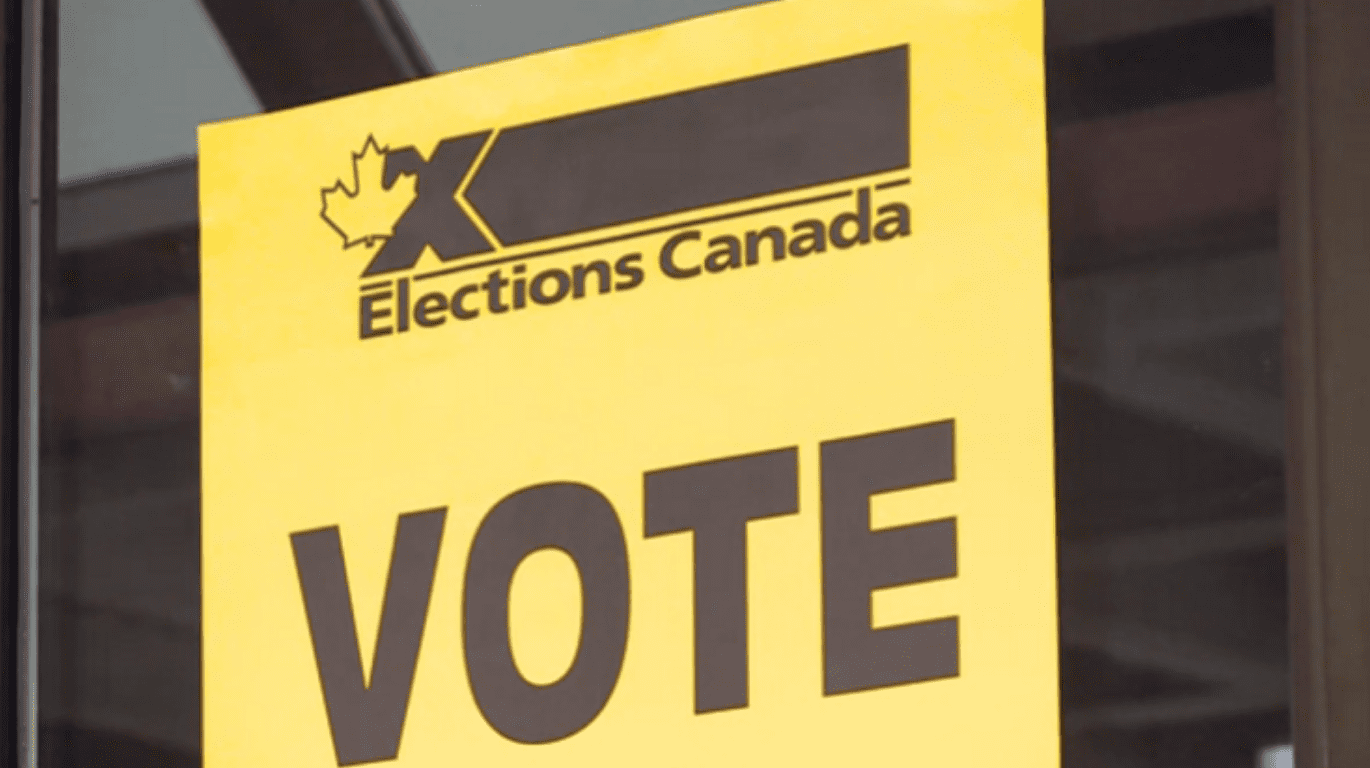A decision was taken that will have a huge impact on the results of the 44th federal election. I am not talking about Justin Trudeau’s decision to trigger the election. I am not talking about the Debates’ Commission excluding Maxime Bernier. I am not talking about the fact that the Public Health Agency of Canada has gone silent in the midst of the COVID-19 fourth wave.
No, I am talking about Elections Canada’s poor decision to not allow voting stations on campuses across the country. Considering it is already hard enough to get young voters to participate in the democratic process and utilize their right to vote, this is a disheartening decision that risks disenfranchising millions of young voters.
Elections Canada alerted students about the situation via their twitter account.
ATTENTION STUDENTS! Many of you have asked us about whether you’ll be able to vote on campus for #Elxn44. Due to the challenges brought on by the pandemic and the minority government situation, we are not able to run the Vote-on-campus program this election. 1/3 #CdnPoli pic.twitter.com/VI4Z2zmpnn
— Elections Canada (@ElectionsCan_E) August 25, 2021
Elections Canada can’t help students to vote because of the pandemic and… the minority government situation? That explanation deserves scrutiny.
Of course, setting up polling stations involves some planning. But how does the pandemic prevent it specifically from happening on campus? It’s not like Elections Canada is experimenting with a new project, here. It has been done successfully in previous elections.
How is the pandemic preventing Elections Canada from having polling stations on university campuses? How is it more difficult than setting up in Long Term Care facilities and seniors’ homes? I can’t imagine it is business as usual there. Are students seen as more dangerous for Elections Canada workers because they are less vaccinated? Besides, the COVID-19 pandemic has been around for 20 months now. It is not exactly a new thing. We know the measures that need to be taken.
The minority government situation? What does that have to do with anything? Is Elections Canada saying that they cannot do their job properly unless there is a strong, stable, majority government in place?
More likely, Elections Canada is saying clumsily that because of the minority government situation, the date of the election could not be determined in advance? We’ve only had four minority governments over the past six elections, the situation is unprecedented! Especially considering there was talk of a federal election beginning last spring: Elections Canada couldn’t possibly have seen this coming.
While I don’t think it was a partisan decision, I understand New Democrats who feel they will suffer most from this decision. Looking at the current voting patterns, the NDP needs young people to come out and vote en masse. Older voters are not on Tik Tok and are not buying Jagmeet-mania. But young people are, thanks to the New Democrats outreach efforts. Now, the NDP will need to do more to get these votes out, thanks to Elections Canada.
Elections Canada says they “don’t want students to feel discouraged from voting.” It’s not that they’ll be discouraged, it’s that they won’t bother. You can work with student bodies to educate young voters about other voting options, such as advance polls, special ballots and postal voting. The truth is this is one extra hurdle they may not want to jump over.
Looking at the vaccination rates across the country, you already see a certain apathy with younger demographics. If they can’t be bothered to go the extra mile to preserve their health and the health of others, why would they do it for voting?
Over the past 2 elections, young Canadians have been voting in greater numbers than they did in previous elections. This was made possible through outreach initiatives and additional voting options, such as special polling stations on campuses.
Let’s not let the pandemic create more collateral damage by weakening our democracy. Elections Canada should revise its ill-advised decision and do everything that is possible to allow students to vote.







